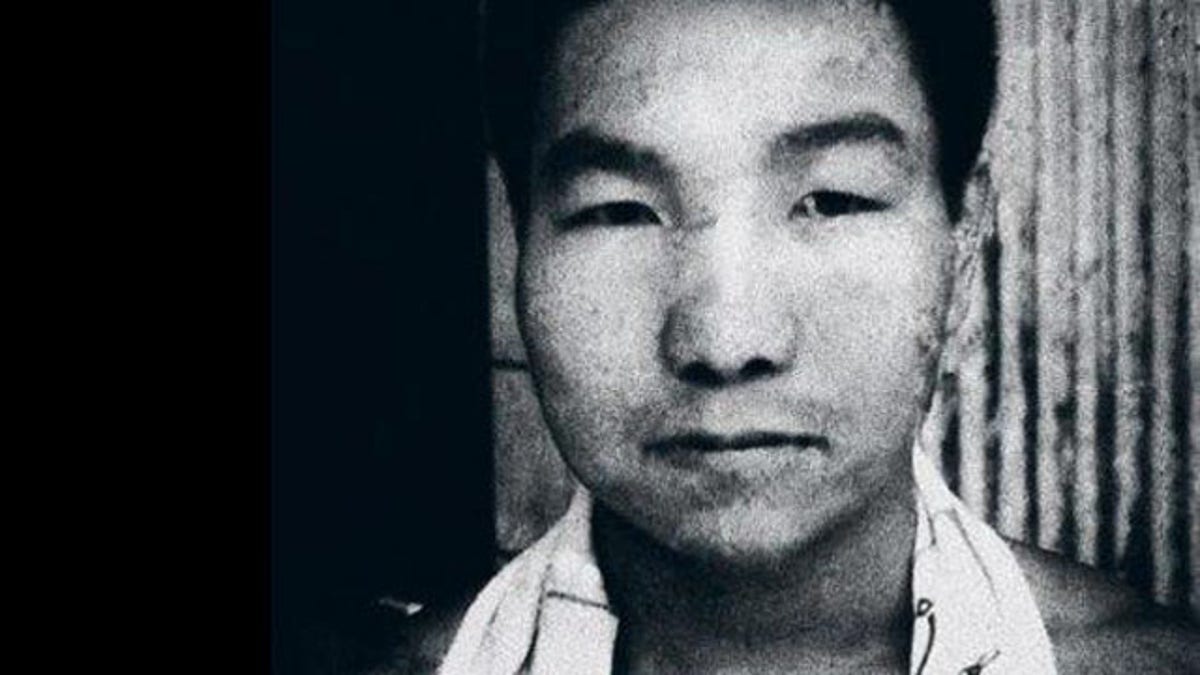
This photo shows Iwao Hakamada sometime in the 1960s. (Amnesty International)
The man believed to be the world's longest serving death row inmate will receive a new trial, 45 years after he was convicted of murdering his boss and the man's family.
Iwao Hakamada, now 78, was ordered released by a Japanese judge in the central city of Shizuoka who said "It is unjust to detain the defendant further, as the possibility of his innocence has become clear to a respectable degree."
Hakamada, a former professional boxer, confessed to robbing his boss at the soybean factory where he worked before killing him, the man's wife, and their two children before setting their house on fire in 1966. However, he later retracted his confession, saying that he had been beaten repeatedly by police during interrogation. Despite this, Japan's supreme court confirmed his death sentence in 1980.
There have long been doubts about the evidence used to convict Hakamada. At his trial, prosecutors used blood-stained clothes which came to light a year after his arrest as evidence. However, the clothes did not fit him and the stains appeared to be too new to have come about during the murders. Hakamada was ordered released after attorneys showed that the man's DNA did not match the stains found on the clothes.
Even one of the judges who was on the panel that originally convicted him has said the decision was wrong - but he could not convince his two colleagues of Hakamada's innocence.
"If ever there was a case that merits a retrial, this is it," Roseann Rife, East Asia research director at Amnesty International, said in a statement. "Hakamada was convicted on the basis of a forced confession and there remain unanswered questions over recent DNA evidence."
Human rights groups have long accused Japanese police forces of using physical force psychological pressure to gain confessions from suspects to crimes they did not commit.
Hakamada is only the six death row inmate to get a retrial in Japan's history of postwar criminal justice. Four of the previous inmates were acquitted in their retrials, while the fifth case is still pending.
The Associated Press contributed to this report.




















